From purring, to meowing, to growling, cat owners know that their furry friends make all kinds of sounds. In fact, cats have evolved to be such vocal creatures that they engage in 21 different vocalization types. If your cat is growling or hissing, they’re trying to communicate to you that something is wrong. The act of hearing your car growl can be uncomfortable, fortunately, these behaviors can be stopped if the correct issue is addressed. Below, we explain what may cause your cat to growl and methods you can use to reverse this unwanted behavior.
Reasons Why Cats Growl
Whether is a growl, grunt, yowl, or a hiss, all these sounds may indicate stress and agitation in your cat. Unfortunately, these sounds are all felines have to communicate with us, so it’s up to the owner to decipher what the problem is. Here are common reasons that may explain why your cat is growling:
- A Warning Signal: Cats who are more tactically sensitive are more likely to growl when they are touched. Strangers, whether they’re humans, other cats, or even an unfamiliar dog, generally take a while to warm up to a new cat. If a stranger ignores warning signals and decides to get too physical with the new feline, that cat’s growling can progress to be a physical attack.
- Territorial Behavior: Felines can get very aggressive when it comes to marking their territory. Mother cats, in particular, are known to ferociously protect their offspring if another feline comes into their territory.
- Undiagnosed Pain: Cats are notorious for hiding pain and generally fight their owners when visiting the veterinarian. It’s our job to stay current with our feline’s health by regularly taking them in for a checkup once a year. If a cat is feeling sore in a particular area, they main growl at people to avoid more pain as a result of being picked up.
- Possessive Tendencies: Cats are inherently possessive creatures that, unfortunately, don’t understand punishment. If you take something of theirs, such as a toy or food, they may express domineering behavior by growling and hissing at you.
- Fear, Stress, Frustration: A cat may growl if they’re frustrated at the dirty state of their litter box. A cat may growl if they’re stressed with a recent move to a new house. A cat may growl if they’re fearful of a person who handles them in a rough way. As an owner, it’s important to be observant of your cat’s surroundings to determine what’s causing them to demonstrate this unwanted behavior.
Along with the audible act of growling, physical characteristics of an angry cat are generally demonstrated through an arched back, upright fur, flattened ears, and an opened mouth.
How to Stop Your Cat from Frequently Growling
If your feline just started growling at you, then it’s important to walk away and give them space. They’re telling you to back off, so listening to this and exiting the room may communicate that you respect their wishes. Giving your cat some private space to deescalate can ease stresses from moving to a new house or being introduced to a new pet. Once you have given your cat lots of personal time, try to make changes gradually so that they can grow to trust their new situation.
Pheromones have also been observed to help relax a growling feline. Consider buying spray bottles of pheromones and occasionally spraying it in your cat’s favorite room in an effort to calm their unwanted behaviors. Pheromone diffusers are also available to periodically spray when you’re not even home. Growling or hissing should never be ignored, so if this behavior chronically continues, then it’s vital to take your furry feisty feline to the veterinarian as soon as possible.
It’s common for cats to become more aggressive as they age and show signs of cognitive decline. Most senior cats exhibit at least one clinical sign of cognitive dysfunction, which can gradually worsen over time. Providing our senior cats with additional antioxidants and nutrients to maintain normal brain function seems quite logical. Unfortunately, these nutrients cannot be found in most commercially manufactured cat diets. Fortunately, Dr. Bill’s Feline Cognitive Support is a unique combination of natural ingredients that helps support healthy brain function and slow cognitive decline in aging felines. Feline Cognitive Support supplies a proprietary blend of nutrients for the brain that can aid in maintaining and even reversing the signs of cognitive dysfunction.
-
Feline Cognitive Support$17.49 — or subscribe and save 10%
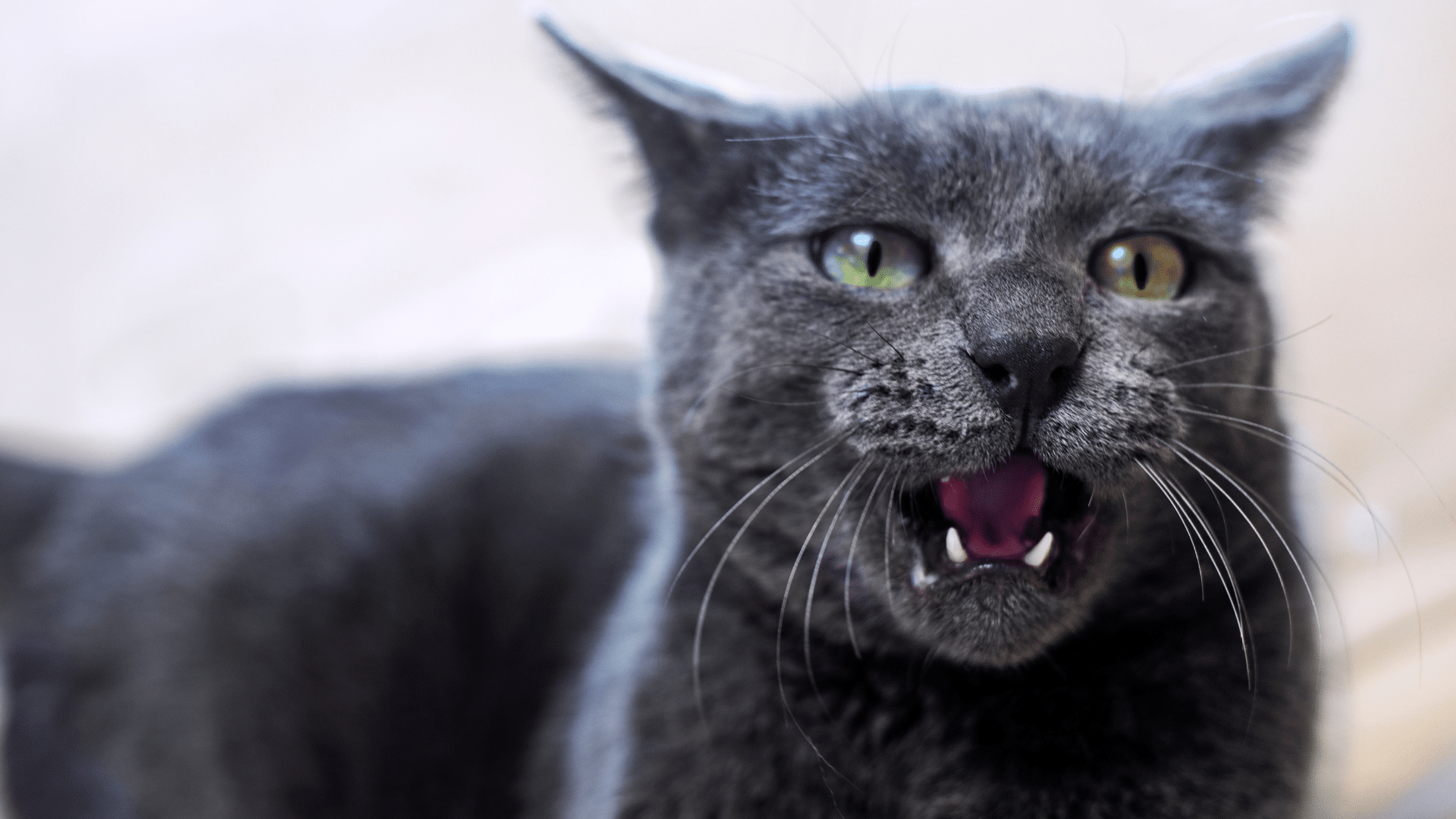
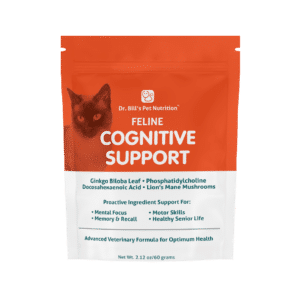
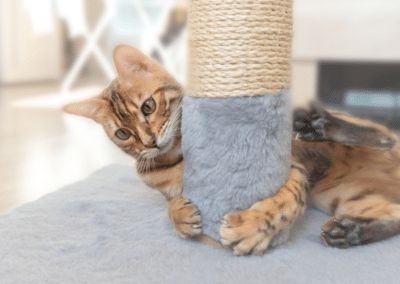
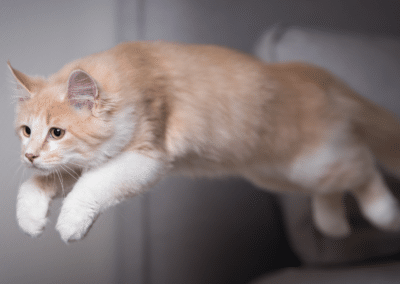
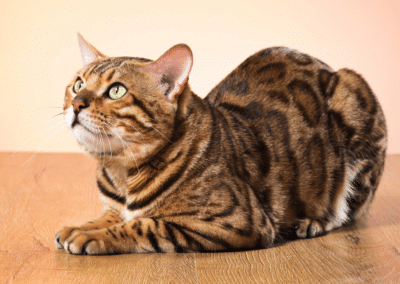

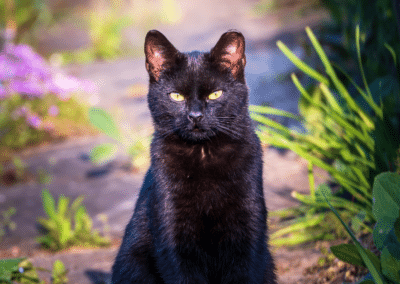
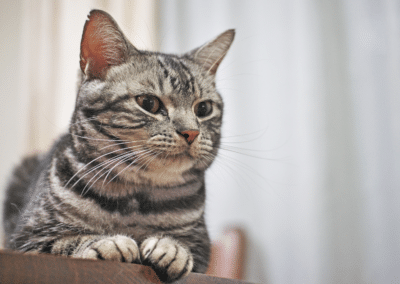

0 Comments